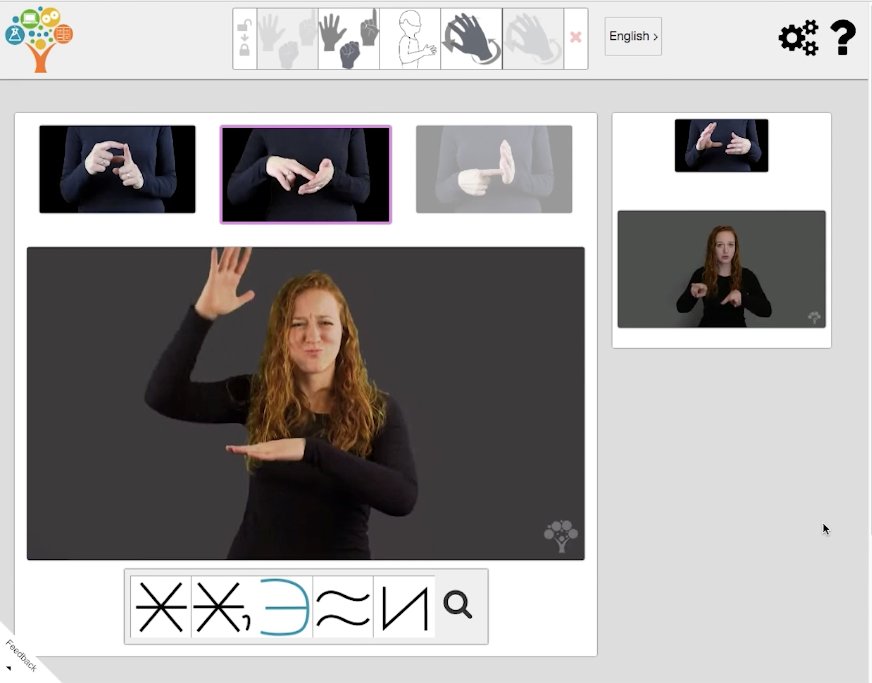March-April 2021: Including Individuals with Disabilities in STEM Courses, Research, and Careers

Theme's playlist
Expert Panel

March Webinar Panel: Including individuals with Disabilities in STEM Courses, Research, and Careers
Recorded: Mar 24, 2021 at 3:00 PM Eastern Daylight Time
Description: The webinar will bring together four leaders who will share promising practices in their sustained projects that help make STEM fields more welcoming and accessible to students with disabilities.
Join the Discussion! View Recording & Bios
Discussion
Share your thoughts on the videos in this playlistRelated Resources
The Alliance for Access to Computing Careers (AccessComputing) helps students with disabilities successfully pursue undergraduate and graduate degrees in computing fields, and works to increase the capacity of postsecondary institutions and other organizations to fully include students with disabilities in computing courses and programs.
Through inclusive design approaches, we are creating accessible interactive simulations that allow students to experience science and mathematical practices in new ways. In the process, we are tackling core challenges in software development, assistive technology, and science education.
The AccessCyberlearning initiative fosters synergistic and lasting relationships among researchers, technology developers, and instructors to promote more inclusive online learning.
The Center for Universal Design in Education (CUDE) develops and collects resources to help educators apply universal design (UD) in order to make all aspects of the educational experience welcoming to, usable by, and inclusive of everyone, including people with disabilities.
The DO-IT Center is dedicated to empowering people with disabilities through technology and education. It promotes awareness and accessibility—in both the classroom and the workplace—to maximize the potential of individuals with disabilities and make our communities more vibrant, diverse, and inclusive.
NSB grants its Public Service Award to individuals and groups that have contributed substantially to increasing public understanding of science and engineering. Dr. Richard Ladner has demonstrated exemplary science communication and diversity advocacy throughout his career and has been called the “conscience of computing.” His research focuses on developing tools to make technology more accessible to those with disabilities. This video showcases and celebrates his work.
This blog post features the article, Accessible Physics for All (linked to in the blog), and provides a direct link to the teacher's accommodations. “Accessible physics for all” highlights the accommodations that scaffolded student learning with technology-based physics activities and independent experimentation investigating force and motion.










Richard Ladner
I hope everyone enjoyed the panel today and learned from our them about ways to include and empower students with disabilities in STEM Fields. If you have any questions for me or the panelists, just comments of any kind please post them to the discussion.